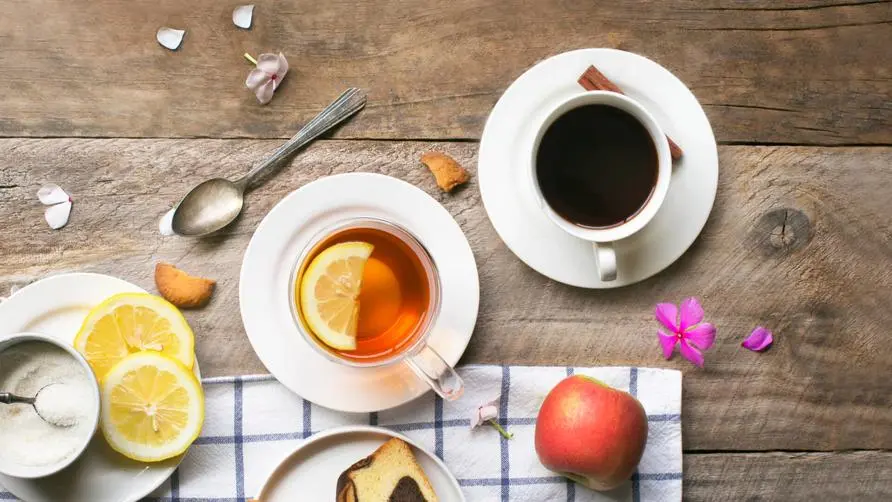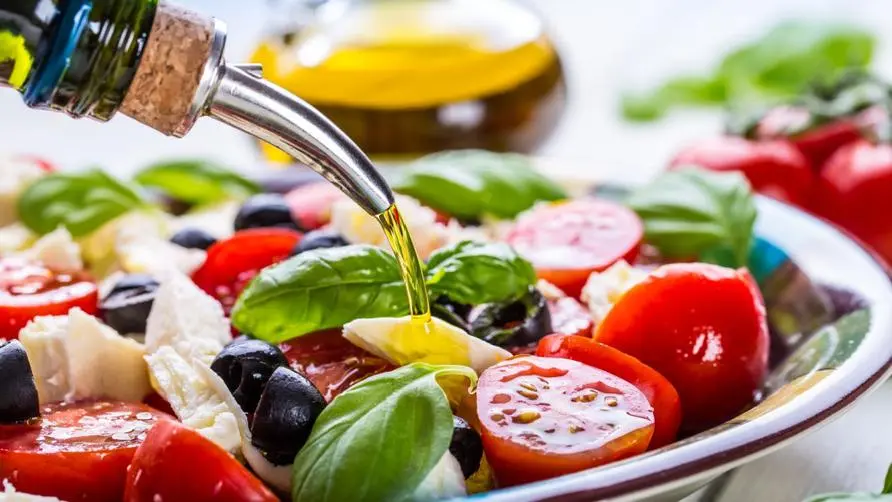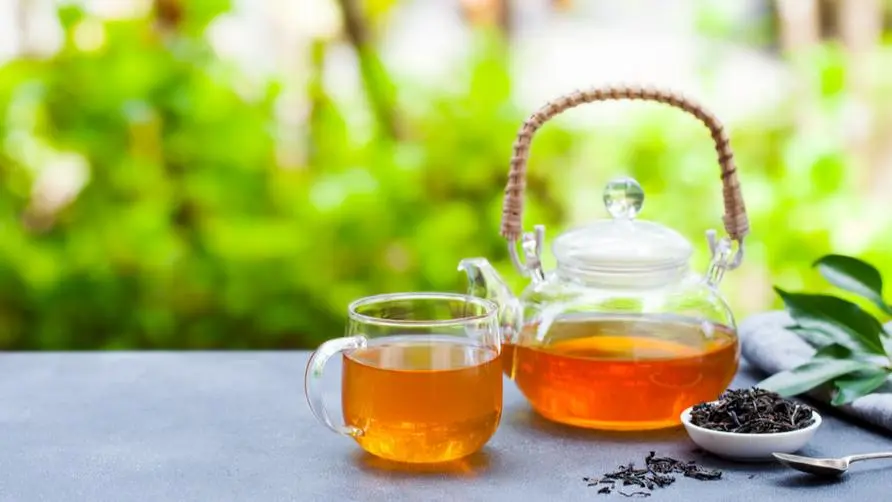Is latte healthier than American style? Research confirms: Coffee plus milk doubles the "anti-inflammatory" effect

Is drinking latte healthier than American style? Study: Coffee + milk doubles anti-inflammatory effect
Black coffee (Americano) is a powerful tool for office workers to stay focused and boost their spirits. It has also been confirmed by many studies to have health benefits. In fact, the health benefits of adding milk to “latte” are more significant than black coffee? A paper published in the “Journal of Agricultural and Food Chemistry” pointed out that coffee products with added milk may have more “anti-inflammatory” effects than simple black coffee.
The study was initiated by a research team from the University of Copenhagen in Denmark. In order to understand the anti-inflammatory effect of the combination of “polyphenols” and “amino acids”, researchers injected anti-inflammatory factors into the body’s immune cells. The immune cells of the first experimental group contained polyphenols that reacted with amino acids; the second experimental group contained polyphenols that did not react with amino acids; the immune cells of the control group did not contain any polyphenols or amino groups. acid.
Research results have found that immune cells treated with a combination of polyphenols and amino acids have a significant anti-inflammatory effect, which is twice as effective as cells that only add polyphenols. In fact, the team had previously discovered that polyphenols easily bind well to proteins in meat products, milk and beer; in this study, they also found that polyphenols in coffee beans and proteins (amino acids) in milk can Combine and react faster.
Recommended reading: Drinking coffee protects kidneys? Study: 3 cups a day reduces acute kidney injury by 22%
Combined with amino acids, the anti-inflammatory effect is remarkable! Experts reveal that research on “polyphenols” has become a trend
“Research results show that the reaction between polyphenols and protein also exists in the daily diet, especially in beverages involving milk and coffee. The anti-inflammatory response produced by immune cells is faster than other foods. That’s right,” says study author Professor Marianne Nissen Lund from the Department of Food Science at the University of Copenhagen.
Lund pointed out that this reaction has also been found to have potential anti-inflammatory effects when polyphenols are combined with other fruits and vegetables that are mainly composed of protein. At present, both the industrial and biological circles have noticed the anti-inflammatory effects of polyphenols, and scientists are actively studying how to add appropriate amounts of polyphenols to food in order to achieve anti-corruption purposes. “Humans can absorb only a limited amount of polyphenols, and many scientists are studying how to encapsulate polyphenols within protein structures to improve their absorption in the body. Such strategies have the added advantage of enhancing the anti-inflammatory effects of polyphenols.” Lund explain.
Recommended reading: How to supplement protein when lacking eggs? Nutritionists list the common “7 major eggs”. The smallest egg has the highest nutritional value
Antioxidants can also prevent dementia! Which foods are rich in polyphenols?
What are the actual benefits of polyphenols to the human body? According to information published by the University of Copenhagen, polyphenols are natural antioxidants that can delay the oxidation of chemicals and organs in the body, thereby protecting them from damage or destruction. Due to their antioxidant properties, polyphenols are also used in the food processing industry to minimize the oxidation of fats and especially to reduce the quality of food spoilage to avoid off-flavors and spoilage. The University of Copenhagen pointed out that polyphenols not only have antioxidant and anti-inflammatory effects, but past studies have also pointed out that polyphenols can prevent the deposition of “B-amyloid protein” in the brain, which may be useful in preventing dementia and Alzheimer’s disease. It has a certain effect.
Recommended reading: Drinking green tea, black tea, and oolong tea can all help! Research shows that “four cups of tea a day can reduce the risk of diabetes by 17%”
As for which foods are rich in polyphenols? According to information published by the American medical media “WebMD”, the 8 types of foods rich in polyphenols are as follows:
Berries. Blueberries and elderberries, for example, contain 1,123 mg and 870 mg of polyphenols per half cup respectively.
Flaxseed. Each tablespoon contains 229 mg of polyphenols, which are also high in fiber and can improve digestion and relieve constipation.
Spices. For example, cloves, peppermint, and star anise contain 542 mg, 427 mg, and 195 mg of polyphenols per 1 ounce (28 grams) respectively.
Cocoa powder. Contains 516 mg of polyphenols per tablespoon. Be aware that cocoa powder that has been heated or processed may have a reduced polyphenol content.
Coffee and tea. A cup of coffee or tea contains approximately 20-35 mg of polyphenols.
Olives. 20 grams (about 5) olives contain about 113 mg of polyphenols.
Vegetables. For example, artichokes and red onions contain 260 mg and 168 mg of polyphenols respectively; a daily intake of about 40 grams of spinach can also provide sufficient polyphenol content.
Nuts. Chestnuts, hazelnuts or almonds, for example, contain 347 mg, 140 mg and 53 mg of polyphenols respectively. Be aware that nuts have a high calorie content, so they should be eaten in moderation.
However, the University of Copenhagen emphasizes that too much polyphenols cannot be stored in the human body, so the diet should still focus on moderate and balanced intake. If you have a history of specific diseases, you should also discuss with your attending physician and nutritionist whether you can eat the above foods to avoid affecting the condition or worsening symptoms.
Source:
Further reading:





